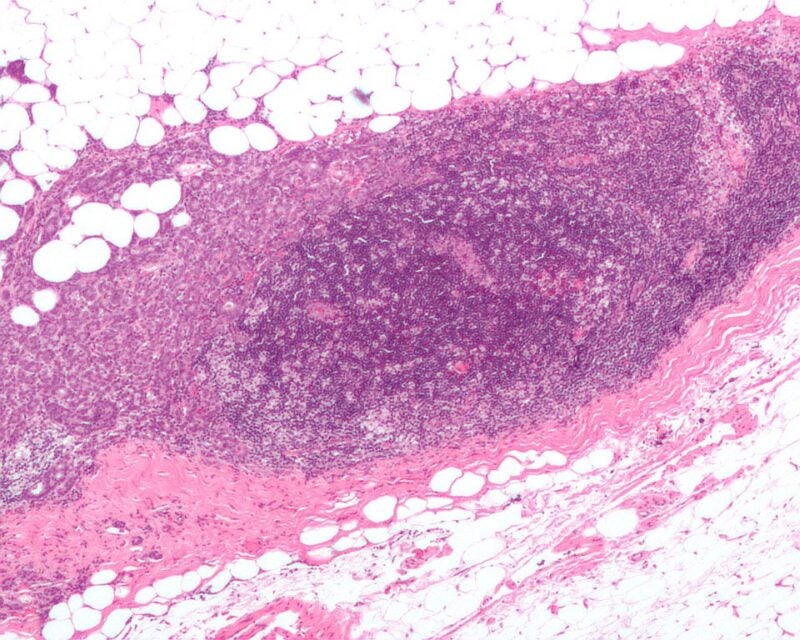
Anixa Biosciences has begun a Phase Ib clinical trial of its preventative breast cancer vaccine.
Being carried out at the Cleveland Clinic in the US, the trial will assess the safety and observe the immune response in subjects.

Discover B2B Marketing That Performs
Combine business intelligence and editorial excellence to reach engaged professionals across 36 leading media platforms.
The trial is financed through a grant from the US Department of Defense.
Healthy, cancer-free subjects, who are at increased risk of breast cancer development and who chose to undergo a voluntary bilateral mastectomy to reduce risk, will be recruited into the trial.
These women usually have BRCA1 or associated gene mutations, which puts them at risk of triple-negative breast cancer (TNBC) development or high familial risk for any kind of breast cancer.
Trial subjects will be given three vaccinations at a gap of two weeks and analysed for side effects and immune response.

US Tariffs are shifting - will you react or anticipate?
Don’t let policy changes catch you off guard. Stay proactive with real-time data and expert analysis.
By GlobalDataThe company plans to conclude the trial by the end of next year.
The vaccine leverages endogenously generated proteins that serve a purpose at specific points in life, before becoming ‘retired’ and disappear from the body.
It also has an adjuvant for activating an innate immune response.
A Phase Ia trial of the vaccine is currently underway in patients who have received treatment for early-stage TNBC in the last three years and are tumour-free at present, but are also at increased recurrence risk.
Anixa Biosciences chairman and CEO Dr Amit Kumar said: “We are excited to commence the second stage of Phase I trials for our breast cancer vaccine.
“While the Phase Ia trial is ongoing, the results to date have given us the confidence to move into this next study earlier than planned.
“This vaccine has the potential to prevent the development of triple-negative breast cancer, the most lethal form of breast cancer, and we look forward to advancing this promising technology through further clinical development.”
In August this year, the company and its partner Moffitt Cancer Center commenced treatment of the first subject in the Phase I trial of new CAR-T therapy for ovarian cancer.





